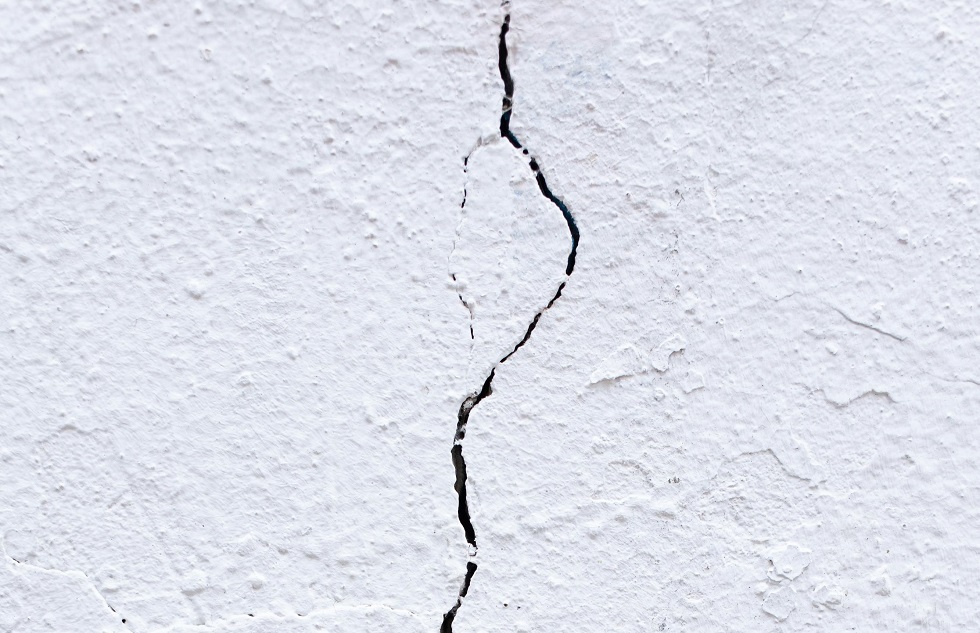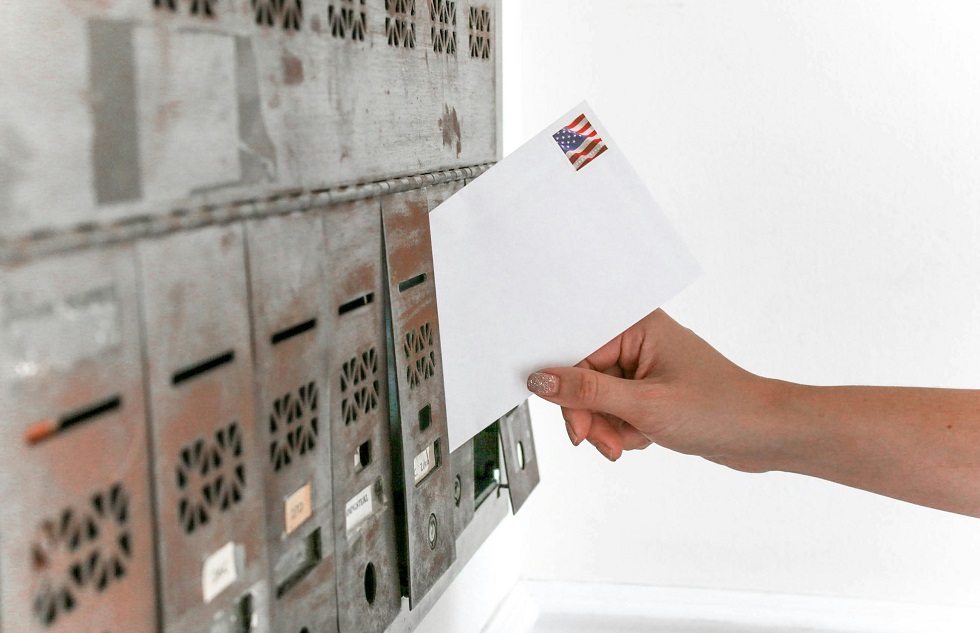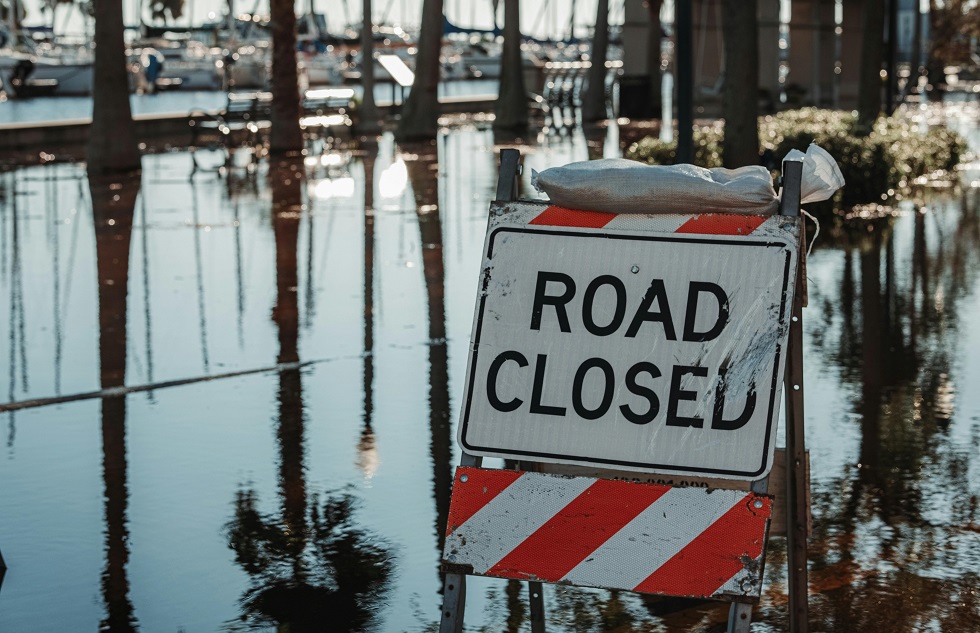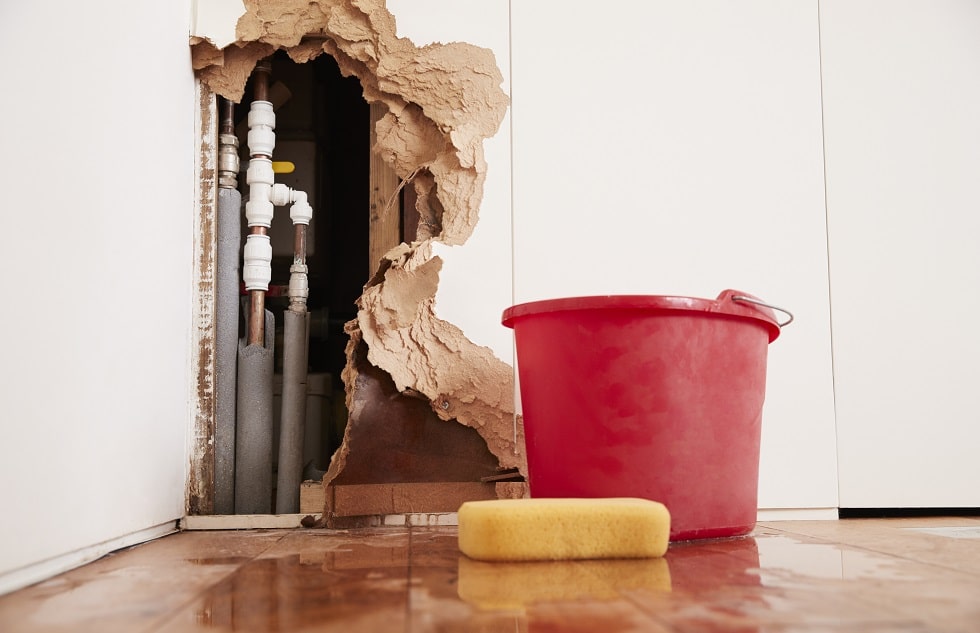Homeowners that have just experienced a water damage event have their hands full with repairs and cleanup. The headaches that come with the repairs are only increased when the insurance claim for water damage is denied.
In this post, we’ll discuss why water damage claims are sometimes denied, how to file to avoid being denied, and what to do if you are denied.
Why Was My Water Damage Claim Denied?
Many homeowners are very surprised to discover that their homeowner’s insurance policy is very specific about the types of water damage that it will actually cover under the policy. Sadly, this realization often comes after the water damage has occurred and the claim is denied. Homeowners are encouraged to look at their policies before anything happens so that they know what is actually covered.
Flooding Events
Flooding is generally not covered under any type of homeowners policy. You would have to purchase a separate policy or flooding rider to have flooding events covered. It should be understood that insurance companies generally consider a flooding event to include:
- Water from storms that cause flooding due to runoff, rising bodies of water, and rising surface waters.
- Water caused by waves, tidal events, or spraying caused by stormwater or surface water.
- Flooding caused by the wind pushing water into your home.
- Flooding caused by water seeping in from the ground surrounding the foundation of the building.
Long Term Water Damage
Leaky pipes and roofs that go undetected for a long time can lead to extensive damage to your home. You may experience wood rot, interior wall damage, and you may even get mold or mildew growth from the constant exposure to water.
It is not unusual to have your claim denied for long-term water damage. If your insurance company believes that the damage occurred because the area was exposed to water for over 14 consecutive days, then they will deny the claim.
Homeowner’s insurance usually only covers water damage events that happen due to a sudden accident or event. A burst pipe, broken appliance, or issues with your fire suppression systems are generally covered by these policies. However, damage from leaks is not covered because the insurance company feels that this damage could have been prevented if the leak had been fixed in a timely manner.
Insurance Denied Water Damage Claim From Sewer Problem
When your sewer, sump pump, or septic tank malfunctions, the results can be disastrous. The flooded area can cause physical damage to the home and may even create a health hazard. Sadly, these events are generally not covered by your homeowner’s insurance.
It is important to know that many homeowners can purchase a special rider for their policy to cover these types of events. Sewer damage of any kind can cause thousands of dollars to repair. It is always a good decision to have this special rider on your policy to avoid a claim denial in the future.
Filing A Homeowners Claim For Water Damage
The water damage insurance claim process does not have to be complicated. Homeowners are encouraged to be very diligent about documenting all of the damage, cause, and costs of the repairs. Take lots of pictures, get estimates, and save all receipts.
When you file the claim, make sure that you are very thorough with the claim so that there are no questions about what has happened and what the cost is for the repairs. If you have had any maintenance done in the recent past on the thing that caused the water damage, make sure that you include this proof so that you can show that you tried to prevent the accident from happening.
What To Do When A Water Damage Claim Is Denied
If your water damage insurance claim was denied, there are three things that you should do:
- Contact the Insurance Company. An insurance claim moves through many different departments in the insurance company. Any person could deny the claim based on their own views. It is important to contact the insurance company and find out exactly why the claim was denied. It may be something that is very easy to correct.
- Ask For A Review. If you cannot correct the issue, ask for the claim to be reviewed. During the review process, the insurance adjusters may have their questions answered and approve the claim.
- Contact an Attorney. If you are having difficulties with having your claim processed, or if the insurance company is trying to pay a lower amount for the claim than what is fair, speak with a Florida water damage attorney. Contact the property damage claim attorneys at Landau Law today for a free consultation. Contact us today!
Property Damage Blog Posts

How Do Home Insurance Companies Determine Pre-existing Damage?
Home insurance companies employ various methods to assess pre-existing damage when evaluating property damage claims. This process is crucial for insurers to determine the validity and extent of coverage for property damage. Insurance adjusters conduct thorough visual...

Signs Your Insurance Adjuster Estimate Is Too Low
Insurance claims can be complex, and receiving an adjuster's estimate that seems too low is a common frustration for policyholders. Recognizing the signs of an undervalued estimate is crucial to ensure fair compensation for property damage or losses. Key indicators of...

Why Does Florida Have So Many Hurricanes?
Florida is renowned for its beautiful beaches, vibrant culture, and, unfortunately, its frequent encounters with hurricanes. The state's unique geographical location and climate conditions make it particularly vulnerable to these powerful storms. Florida's position on...

What To Do If You’re Denied Hurricane Damage Claim For Home
Hurricane damage can be devastating for Florida homeowners, leaving them in a state of distress and financial uncertainty. When insurance claims for such damage are denied, it adds another layer of stress to an already difficult situation. Facing a denied claim...

Guide To Documenting Damages For A Florida Flood Claim
Proper documentation of flood damage is crucial for a successful insurance claim in Florida. When floodwaters recede, homeowners face the daunting task of assessing and recording the extent of their losses. Thorough documentation, including photos, videos, and...

What To Do If You Disagree With A Home Insurance Adjuster
Dealing with a home insurance claim can be stressful, especially when you disagree with the adjuster's assessment. Many homeowners find themselves in this frustrating situation after experiencing property damage or loss. If you disagree with the insurance adjuster's...

How To Sue Your Neighbor for Property Damage in Florida
Property damage disputes between neighbors can quickly escalate, turning once-friendly relationships sour. If you're facing significant property damage caused by a neighbor in Florida, legal action may be necessary to protect your interests and recover damages. In...

Common Reasons Your Florida Hurricane Damage Insurance Claim May Be Denied
Florida homeowners face a daunting challenge when their hurricane damage insurance claims are denied. Understanding the common reasons for these denials can help you navigate the claims process more effectively. Insurance companies may deny claims due to inadequate...




